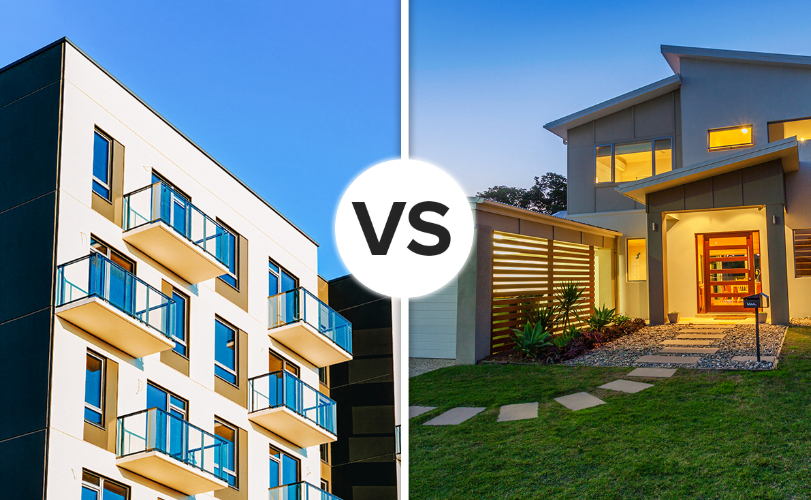Townhouse
Townhouses have grown in popularity since the 1990’s as they offer affordable living closer to the city.
Do townhouses make good investments? In short, yes and no. It depends on the type of property you purchase and of course location.
What are town houses? Town houses are usually double story compact homes, two or three bed rooms, one living area and a 1 car garage on a small land allotment. Single level units are also in the same category as townhouses.
Most town houses are built on ordinary residential land allotments that have been subdivided between 2 to 8 times, that means one land allotment can have 2 to 8 homes squeezed on to it.
Cutting up residential land can be a licence to print money for developers hence it’s important to be careful when buying this kind of property as the wrong purchase can result in sluggish capital growth.
Some townhouses can sell for premium amounts of money. What a buyer must consider is there purchasing a small land allotment, all the premium fixtures and fittings wear and tear to a point of no value, hence your left with a small block of land.
Good capital growth townhouses are usually located close to a major city or lifestyle amenities like a beach where prices of homes are too expensive for most buyers.
Another major key to success when owning townhouses is buying property that hasn’t been subdivided too many times. Ideally, a two-lot subdivision have the most demand, property is free standing, not sharing a driveway or walls with its neighbours on a minimum sized land allotment of 300sqm.
More information on buying an Investment property in Melbourne.









